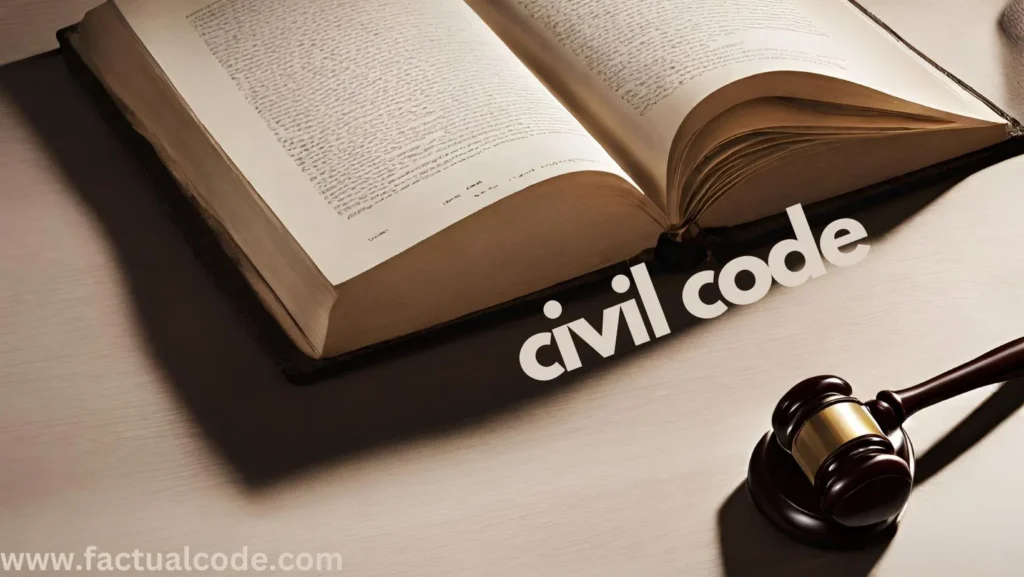The Limitation Act, 1963, is a comprehensive statute in India that governs the time limits within which legal actions must be initiated. It ensures timely administration of justice by prescribing deadlines for various legal proceedings. This prevents indefinite delays and ensures that disputes are resolved promptly.
Introduction
The term “limitation” refers to the time period within which a legal action can be initiated. The Limitation Act serves as a procedural law aimed at curtailing the time within which one can seek legal remedies. By imposing deadlines, it ensures that cases are filed promptly, evidence remains intact, and justice is not indefinitely delayed.
Objectives of the Limitation Act
Ensures Timely Justice: Helps in resolving disputes efficiently by compelling parties to approach the court within a prescribed time.
Prevents Legal Uncertainty: Brings predictability and stability in legal relationships.
Preserves Evidence: Timely filing ensures that evidence remains available and reliable.
Protects Defendants: Shields defendants from prolonged threats of litigation.
Reduces Backlog: Helps in decreasing the volume of pending cases in courts.
Computation of Limitation Period
General Rule (Section 12)
The limitation period starts from the date when the cause of action arises. The computation of the period follows these principles:
Exclusion of the First Day: The day on which the cause of action arose is excluded from the computation.
Court Holidays: If the limitation period expires on a day when the court is closed, the suit or application can be filed on the next working day.
Example: If a cause of action arises on 1st January and the limitation period is 30 days, the deadline will be 31st January, excluding court holidays.
Starting Point of Limitation Period
The starting point depends on the type of legal action:
Contracts: From the date of the breach.
Tort Cases: From the date of the wrongful act.
Property Disputes: From the date of dispossession or when the right to possession accrues.
Recovery of Debt: From the date the debt becomes due.
Extension and Condonation of Delay (Section 5)
Condonation of Delay:
Under Section 5, the court may condone the delay in filing an appeal or application if “sufficient cause” is shown.
Sufficient Cause: The applicant must present a reasonable and genuine explanation for the delay.
Judicial Discretion: The court evaluates the explanation based on facts and circumstances.
Key Case Law:
Balwant Singh (Dead) vs Jagdish Singh & Ors (2010): The Supreme Court emphasized that the applicant must show a bona fide reason for the delay.
Ornate Traders Pvt. Ltd. vs Income Tax Officer (2008): The Bombay High Court held that negligence or inadequate explanations are grounds for rejection of condonation.
Exclusions in Limitation Period
Time Taken for Essential Court Procedures (Section 12)
The following periods are excluded from the computation:
Time taken to obtain a certified copy of the judgment, decree, or order.
Time during which the plaintiff was prevented from filing the suit due to fraud or force by the defendant.
Fraud and Concealment (Section 17)
If fraud or concealment of material facts is involved, the limitation period begins from the date the fraud is discovered or could have been discovered with due diligence.
Key Case Law:
Laxmi Rattan Engineering Works v. State of U.P. (1957): The court held that the limitation period starts only from the discovery of fraud.
Exclusion of Time Spent in Wrong Forum (Section 14)
If a case is filed in a court that lacks jurisdiction or a wrong forum, the time spent in such proceedings is excluded.
Key Case Law:
Consolidated Engineering Enterprises vs Principal Secretary (2008): The Supreme Court ruled that time spent in pursuing a case in a wrong forum should not penalize a diligent litigant.
Special Provisions for Legal Disabilities (Section 6)
If a person is under a legal disability (e.g., minority, insanity, or idiocy), the limitation period begins after the disability ceases.
Example: If a person is a minor when the cause of action arises, the limitation period starts when they attain majority.
Fraud, Mistake, and Concealment
The Limitation Act provides safeguards against fraud or mistakes. Section 17 allows litigants to compute the limitation period from the time fraud is discovered.
Practical Importance of Limitation Period
Judicial Efficiency: Encourages timely resolution of disputes.
Prevents Stale Claims: Ensures that legal disputes are fresh and evidence is intact.
Balances Interests: Protects defendants from perpetual legal threats while giving plaintiffs sufficient time to seek legal remedies.
Acknowledgment of Debt or Liability (Section 18)
If a person acknowledges a debt or liability in writing before the expiration of the limitation period, a fresh limitation period starts from the date of such acknowledgment. This provision ensures that genuine debts are not barred by limitation.
Key Case Law:
- L.C. Mills vs Aluminum Corporation of India (1971): The court held that a valid acknowledgment under Section 18 resets the limitation period for filing a suit.
Conclusion
The Limitation Act, 1963, plays a crucial role in maintaining the efficiency and fairness of the judicial system. By prescribing time limits for legal actions and providing provisions for extension and exclusions, it ensures that justice is not delayed indefinitely. Understanding the computation of the limitation period is essential for legal practitioners and litigants to protect their legal rights effectively.

